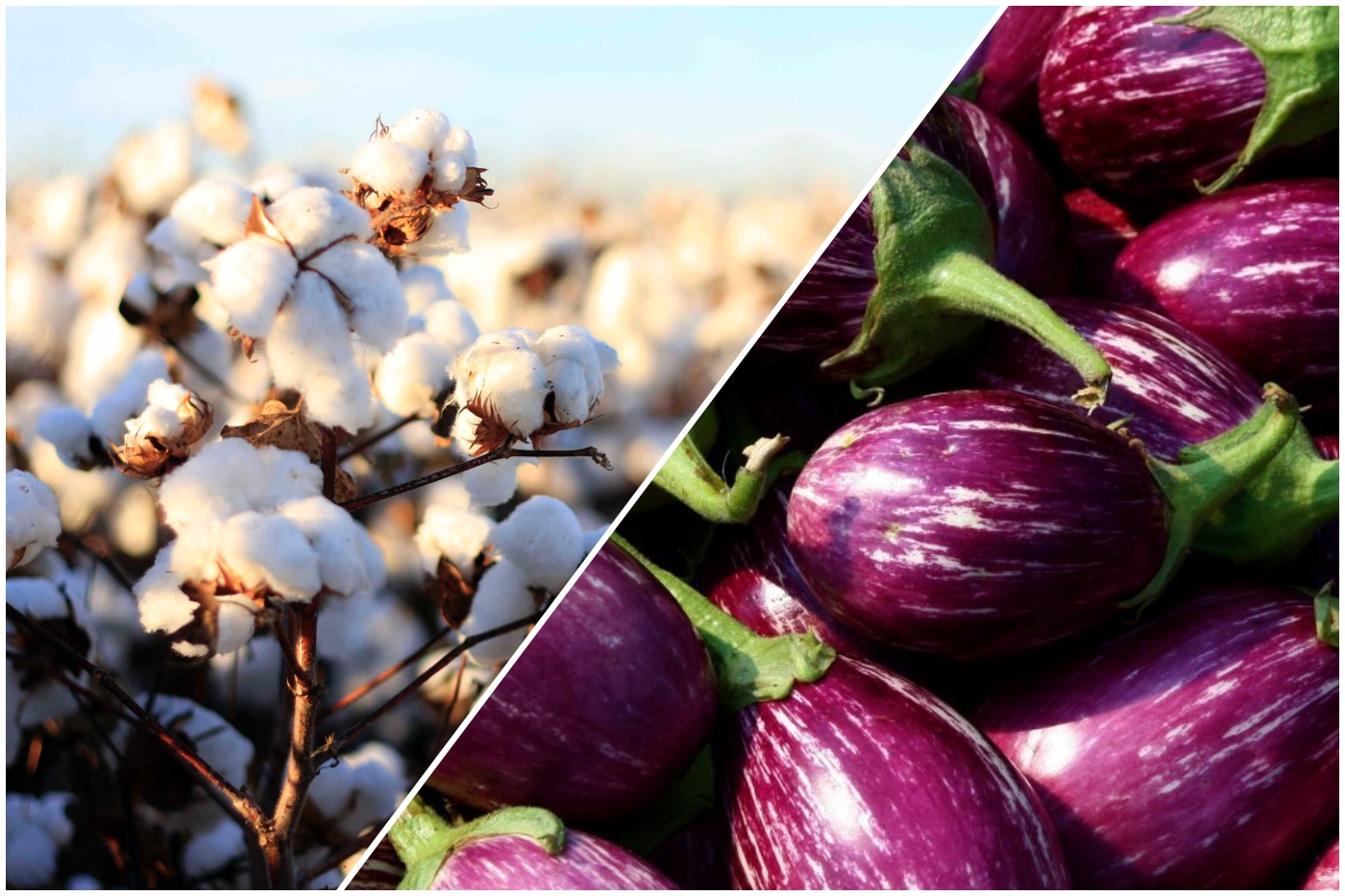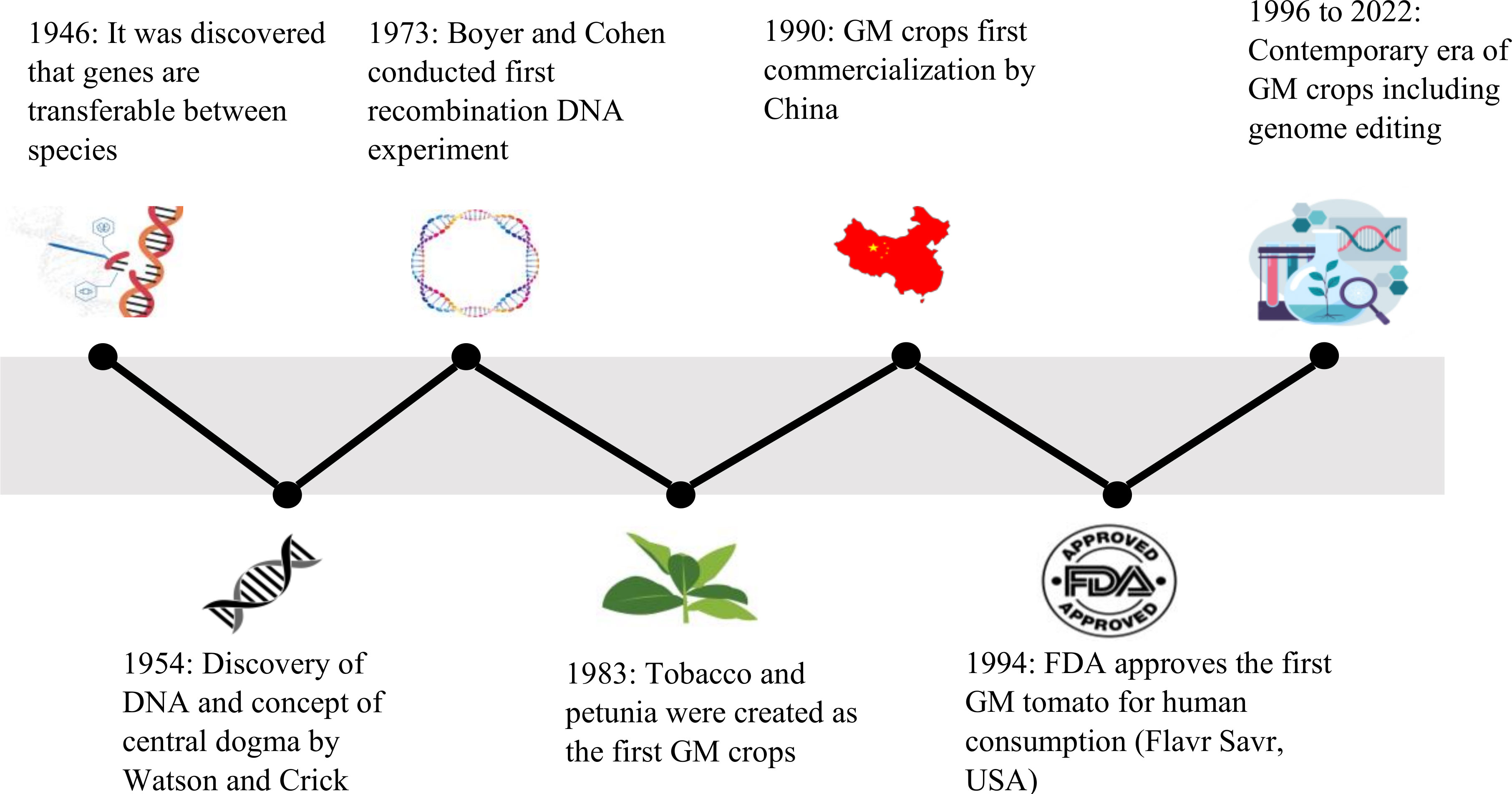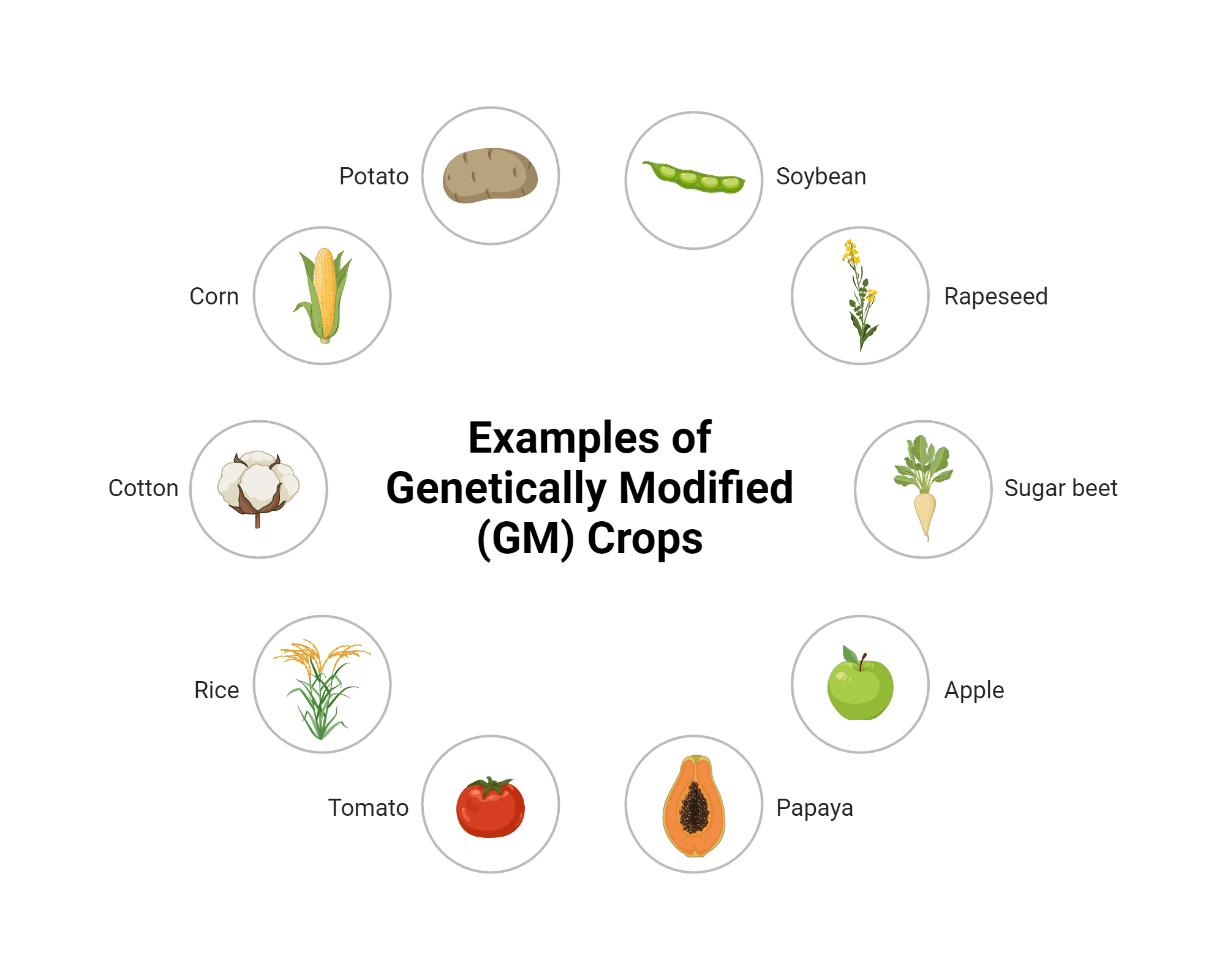

| Issue | Details & Examples |
|---|---|
| Ecological risks | Gene flow, biodiversity loss, superweeds, superpests |
| Health risks | Allergens, toxicity, disease transfer |
| Socio-economic | Seed monopolies, farmer dependence, high costs |
| Regulatory hurdles | Delayed approvals, state-level consent, policy gaps |
| Ethical concerns | Food sovereignty, ecological manipulation |
